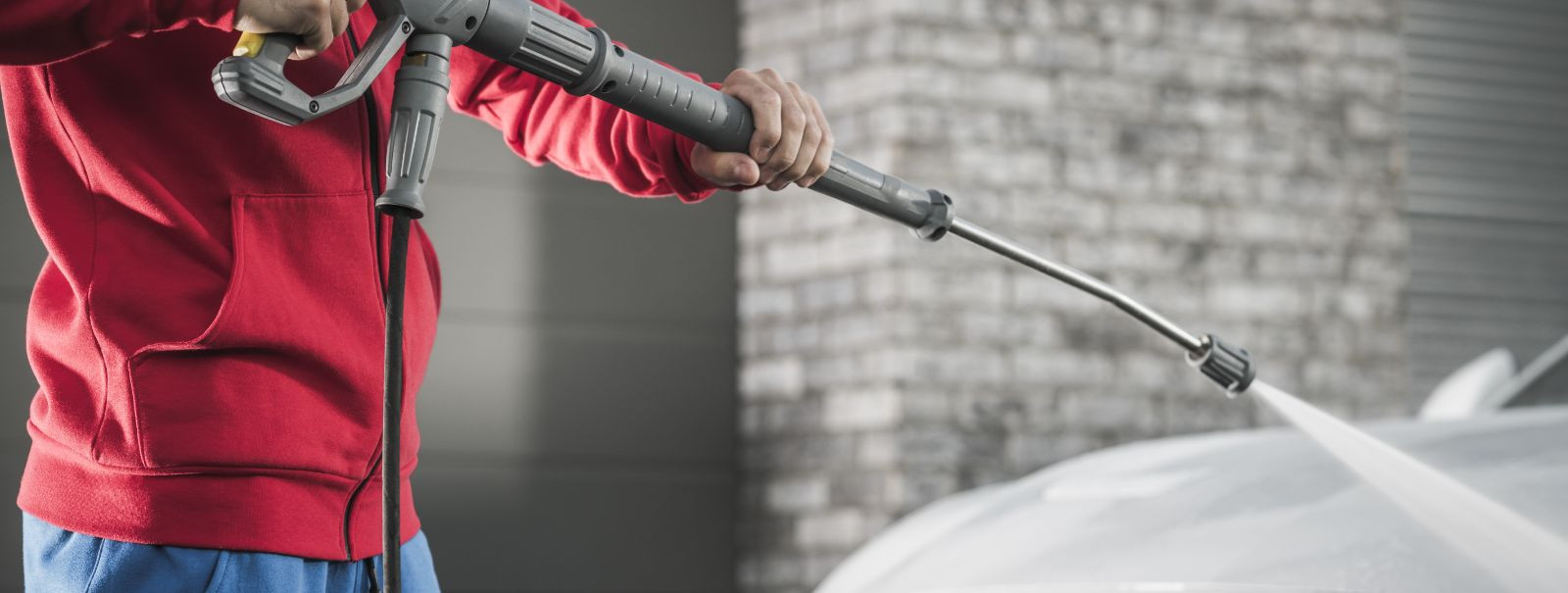How regular car washes protect your investment
For many, a car is one of the largest investments they will make, second only to purchasing a home. Maintaining your vehicle is crucial not only for its performance and longevity but also for preserving its value over time. Regular maintenance, including car washes, is an often-overlooked aspect of vehicle care that can have significant impacts on your car's condition and worth.
Your vehicle is more than just a means of transportation; it's a financial asset. Like any investment, it requires care and attention to maintain its value. Neglecting its exterior can lead to premature wear and tear, which diminishes its market value and aesthetic appeal.
The Benefits of Regular Car Washes
Regular car washes remove contaminants such as dirt, road salt, bird droppings, and tree sap that can damage your car's paint and bodywork over time. By keeping the exterior clean, you protect the paint, thereby preventing dullness and chipping that can result from accumulated debris.
Moisture and chemicals from the road can cause rust and corrosion, particularly in the undercarriage of your vehicle. Regular washing helps to remove these harmful substances and can prevent costly repairs and extend the lifespan of your car.
A clean car provides better visibility through clean windows and mirrors, and it ensures that your vehicle's lights are fully functional and visible to other drivers, contributing to overall road safety.
Believe it or not, a clean car is more aerodynamic and, as a result, can actually improve fuel efficiency. Dirt and grime can create drag, which means your engine has to work harder to maintain speed.
A well-maintained car, including a clean exterior, will have a higher resale value. Regular washes can be a simple yet effective way to ensure you get the best possible price when it's time to sell or trade in your vehicle.
Environmental and Health Considerations
Traditional car wash methods can consume a lot of water and potentially introduce pollutants into local waterways. It's important to consider the environmental impact of your car wash routine.
Many car washes now offer eco-friendly options that use less water and biodegradable cleaning agents. These services are an excellent way for environmentally conscious drivers to maintain their vehicles responsibly.
A clean car interior is not only more pleasant, but it can also be better for your health. Removing dust, allergens, and bacteria from your car's interior can improve air quality and reduce the risk of respiratory issues.
Professional Car Wash Services vs. DIY
Professional car washes offer convenience and a level of thoroughness that can be hard to achieve at home. They have the tools and expertise to clean your car efficiently and effectively, often with less water and in less time than a DIY wash.
For those who prefer a hands-on approach or have specific cleaning needs, a DIY car wash can be a satisfying alternative. It allows for personalized attention to detail and can be a cost-effective solution.
Best Practices for Regular Car Washes
The frequency of car washes can depend on various factors, including climate, driving conditions, and personal preference. However, a good rule of thumb is to wash your vehicle every two weeks to prevent buildup and damage.
When washing your car, it's important to use the right products and techniques to avoid scratching or damaging the paint. Use a high-quality car wash soap, clean mitts or sponges, and dry with a microfiber towel for the best results.
Seasonal changes can necessitate different car wash approaches. For example, winter road salt requires more frequent washes to prevent corrosion, while summer dust and pollen might prompt additional exterior and interior cleaning.








Comments (0)